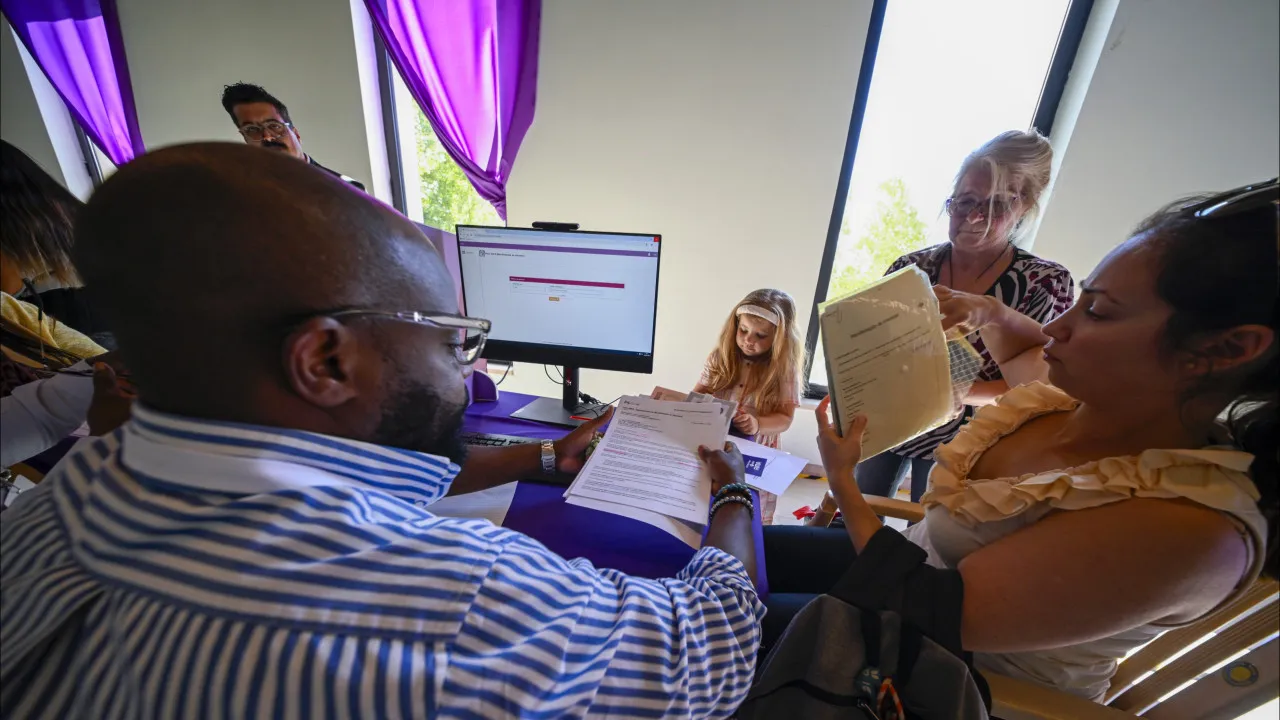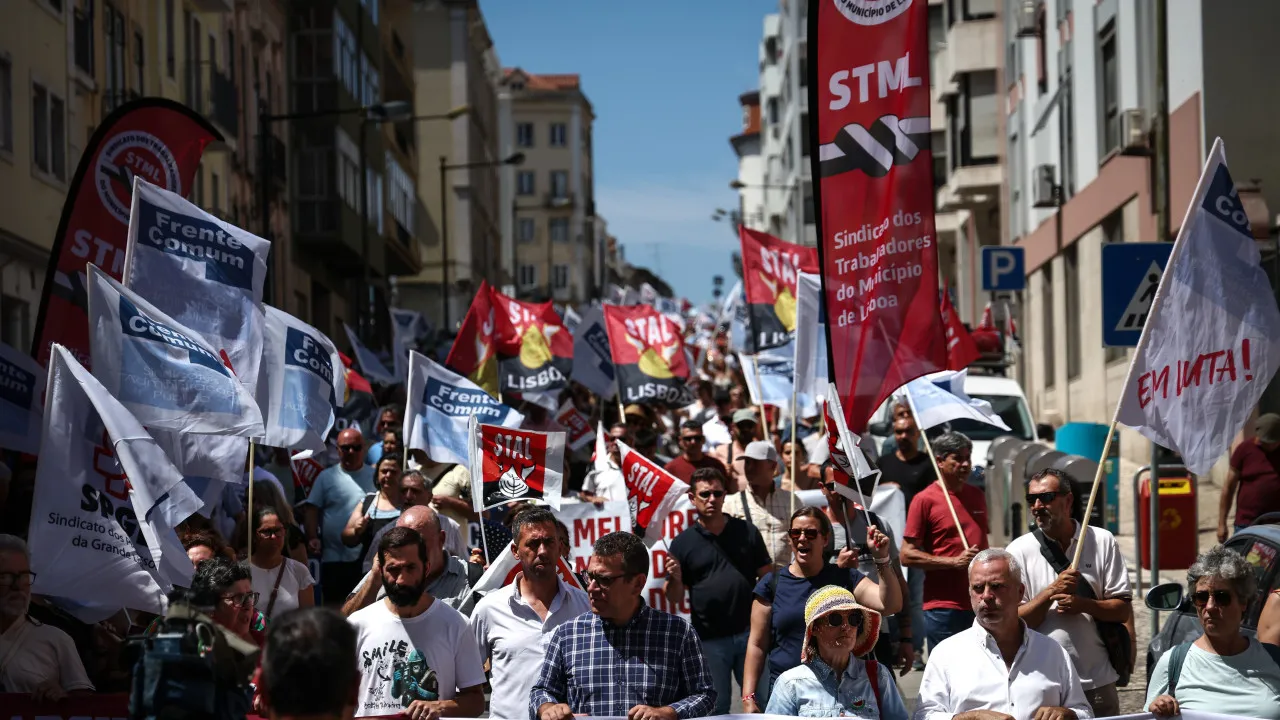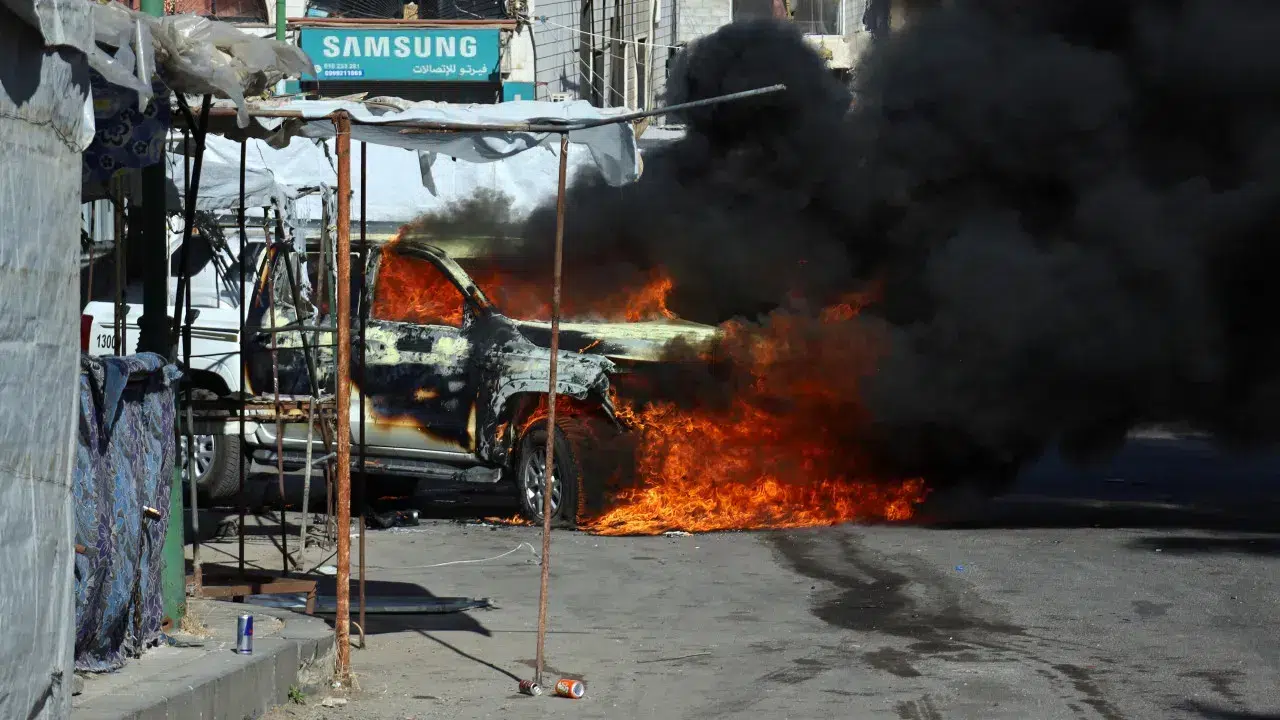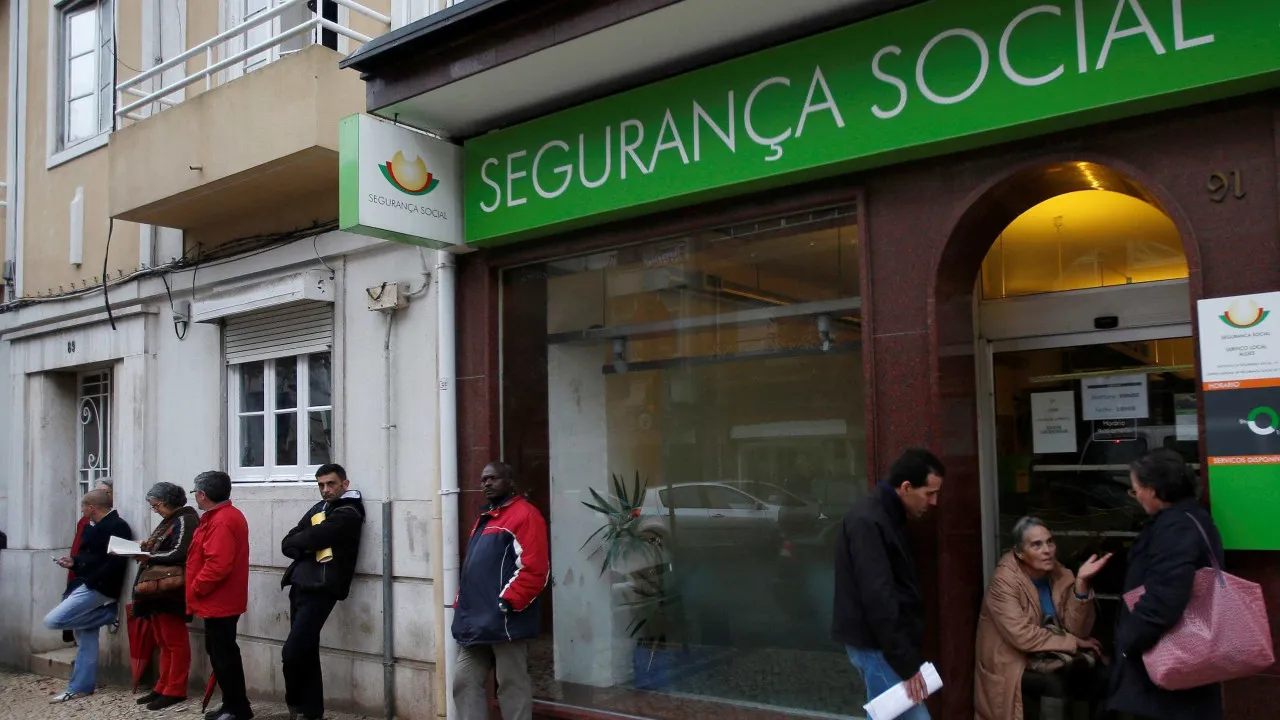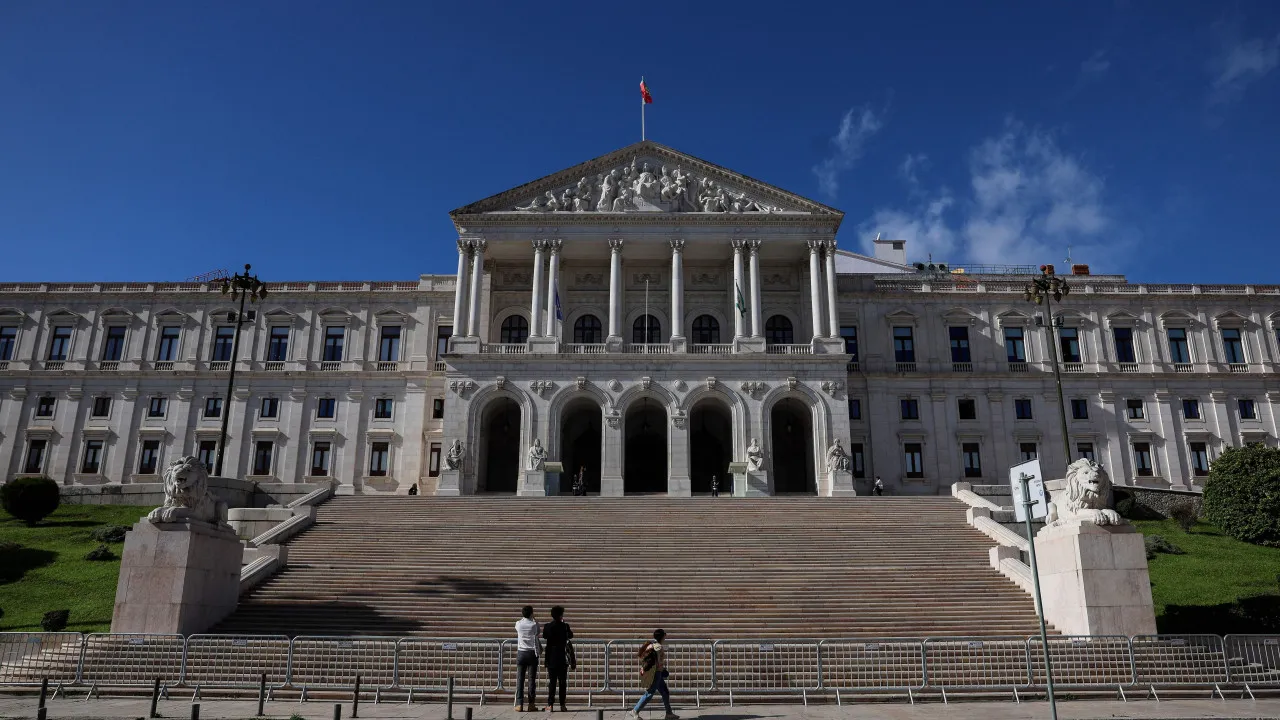
The Permanent Commission of Parliament has scheduled meetings for September 10 and the first plenary session for September 17, as announced by the spokesperson for the leaders’ conference, Social Democrat deputy Francisco Figueira.
As anticipated, Francisco Figueira confirmed that the election of the new Ombudsman, originally set for Thursday, the last plenary session before the summer recess, has been postponed to September.
“No candidacy was presented, and therefore, there will be no vote on Thursday,” stated the leaders’ conference spokesperson.
The name of Maria Lúcia Amaral’s successor as Ombudsman is expected to be proposed by the Socialist Party (PS) and must secure approval from two-thirds of the deputies, necessitating negotiation with PSD and Chega.
With the inauguration of the new PSD/CDS government in June, led by Luís Montenegro, the former Ombudsman and constitutionalist Maria Lúcia Amaral became Minister of Internal Administration.
This shift has politically prioritized the selection of Maria Lúcia Amaral’s successor by the Assembly of the Republic, a key institution for handling complaints from citizens whose fundamental rights have been breached.
Another point of discussion among leaders was the PS’s proposal to soon have the Minister of Health, Ana Paula Martins, appear in Parliament, which could not be scheduled.
As an alternative, the PS suggested holding a committee hearing with the Minister of Health on the 28th, after the planned parliamentary recess.
However, according to the conference spokesperson, referring to the PSD, “there was no consensus to hold the hearing on that date.”
“The Rules of Procedure of the Assembly of the Republic require consensus for this to happen. And there was no consensus for that purpose,” emphasized Francisco Figueira.
Regarding the controversy over Chega leader André Ventura reading a list of foreign children’s names attending Portuguese schools in Parliament last week, Francisco Figueira acknowledged that the matter was discussed at the leaders’ conference meeting.
“The issue was addressed, but without any conclusion. Each party expressed its view on this matter. Both the acting president of the Assembly of the Republic at the time [socialist Marco Perestrello] and the president of the Assembly of the Republic [José Pedro Aguiar-Branco] commented on the issue, maintaining their prior positions,” he noted.
On this issue, José Pedro Aguiar-Branco stated last week that the minors’ first names “were not identifiable,” and there was no legal or constitutional violation.
“This was the interpretation made by the acting president of the Assembly of the Republic, Marco Perestrello, with which I concur regarding the context provided at that moment,” he added.

